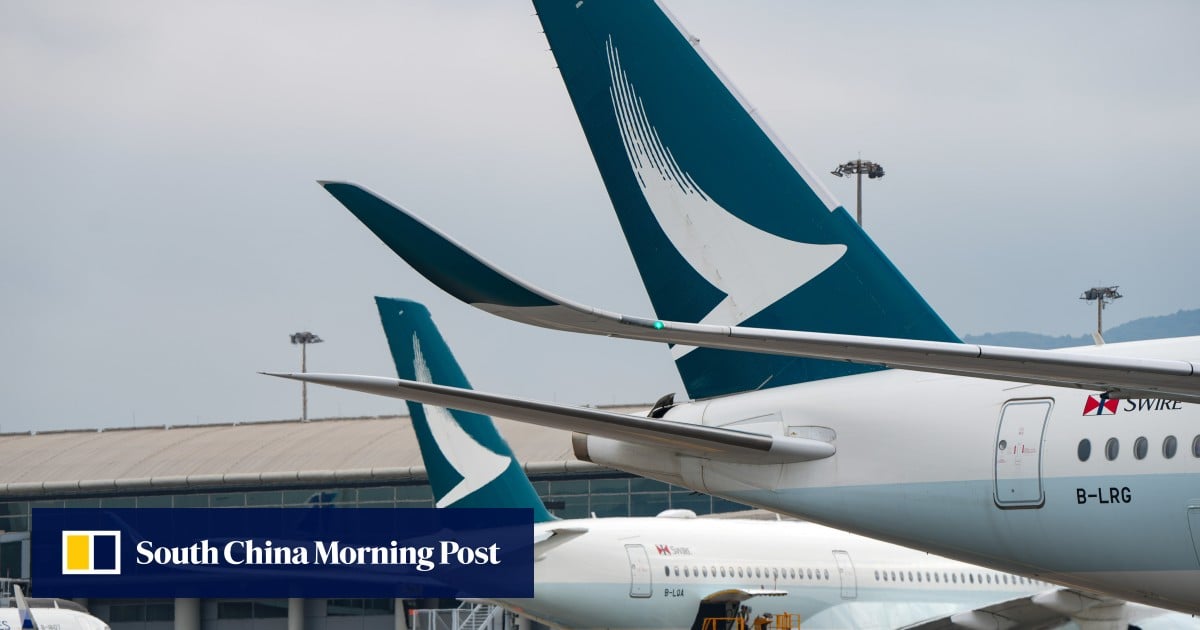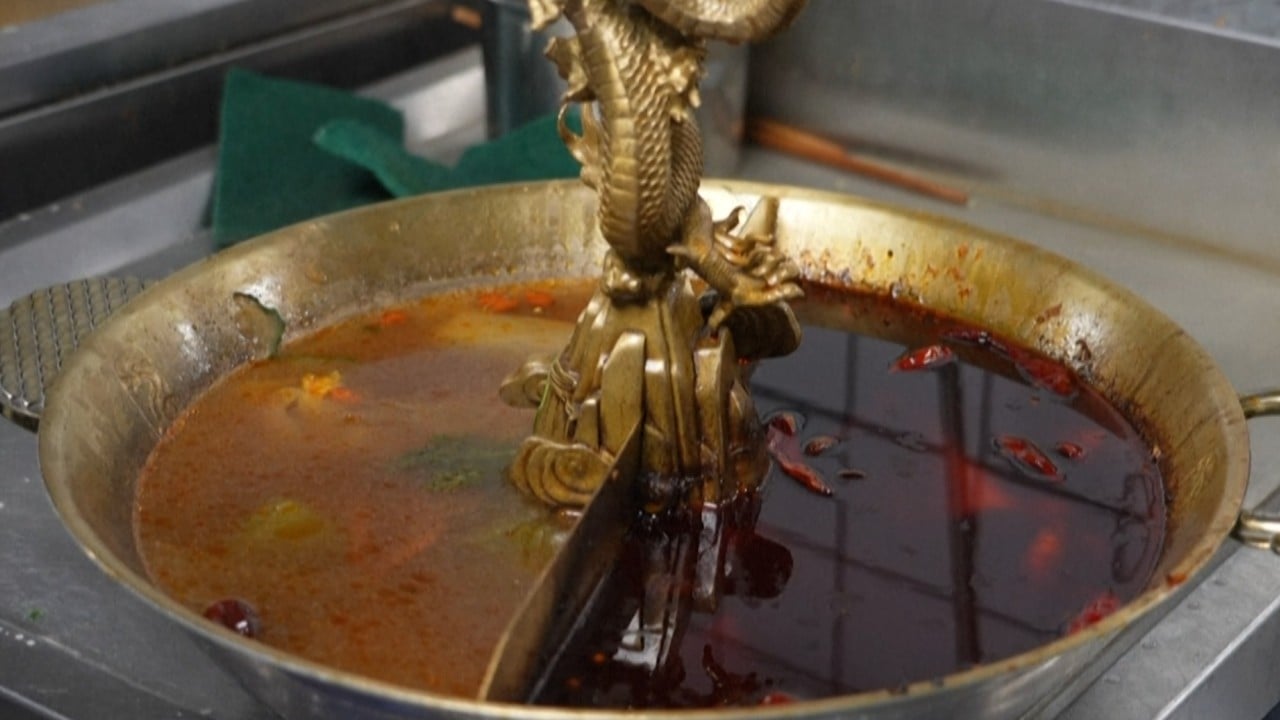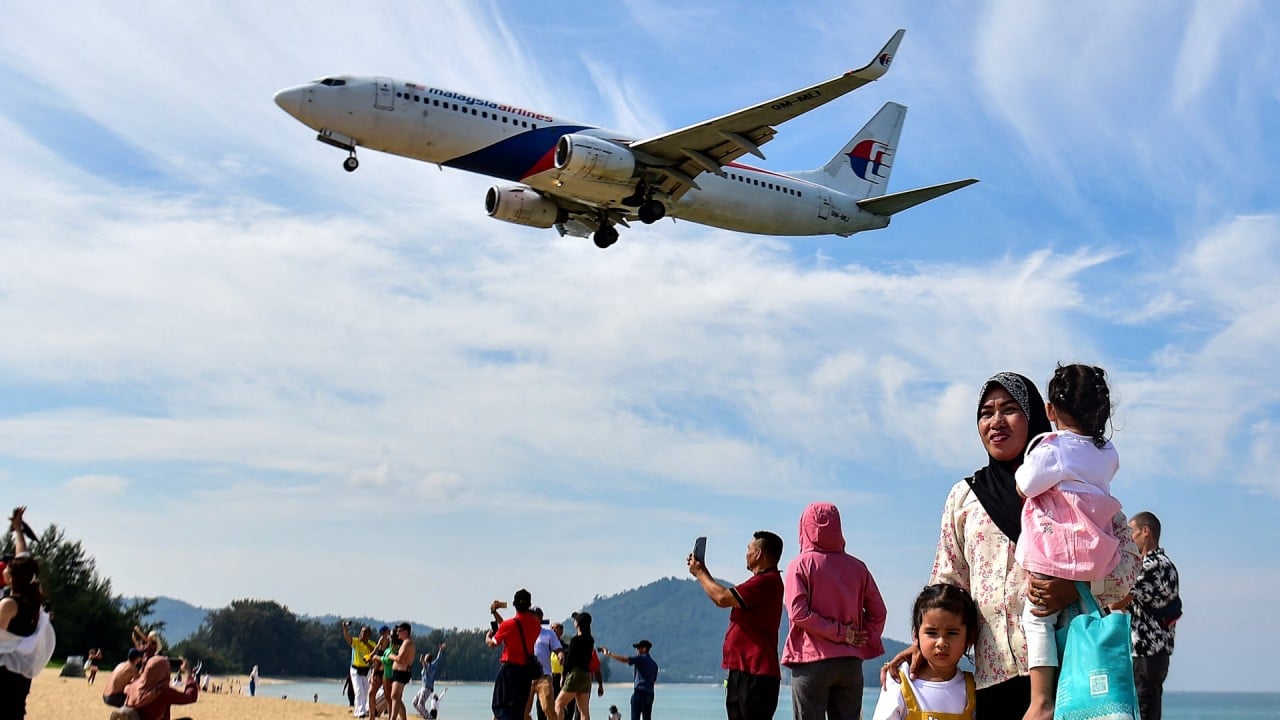
29 Jan Sustainable aviation fuel: Hong Kong business group, Cathay Pacific lead coalition calling for policy support, collaboration on adoption
In his policy address last October, Chief Executive John Lee Ka-chiu tasked Airport Authority Hong Kong with formulating an action plan this year to promote SAF usage, coordinating the attainment of SAF sustainability standards certification and simplifying the approval process for SAF transport and storage.
“Apart from the environmental benefits, ensuring sufficient supply of SAF at Hong Kong International Airport [HKIA] would help consolidate Hong Kong’s position as an international aviation hub,” Liu Chun-san, the acting secretary for transport and logistics, said at the launch ceremony.
The government fully endorses the use of SAF to decarbonise the aviation sector, which has been maintaining HKIA’s leading position in green and sustainable development, Liu added.
“Cathay Pacific has already been collaborating with partners on SAF procurement and usage, hence our decision to form a coalition of upstream and downstream players to facilitate the cooperation,” Ng said.
These players include jet fuel storage facilities operator AFSC Operations, ECO Aviation Fuel Services, Airport Authority of Hong Kong and the Board of Airlines Representatives, whose members include more than 70 airlines operating in the city.
Other coalition partners are jet fuel suppliers China Aviation Oil (Hong Kong), Sinopec (Hong Kong) Aviation, PetroChina International (Hong Kong) and Shell Aviation, SAF producer EcoCeres, Standard Chartered Bank and consultancy PwC China.
China’s vision for ‘green aviation’ points to NEV and C919 success
China’s vision for ‘green aviation’ points to NEV and C919 success
Aviation accounted for 2 per cent of global energy-related carbon-dioxide emissions in 2022, according to the International Energy Agency. In 2021, the 320 member airlines of the International Air Transportation Association pledged to achieve net-zero carbon emissions by 2050.
SAF has the potential to reduce more than 80 per cent of life cycle carbon emissions depending on the manufacturing technology and raw materials. Due to its low production volume, SAF typically costs three to five times as much as traditional jet fuel, according to industry media AvBuyer.
Under the law, green aviation fuels include biofuels produced from agricultural or forestry residues, algae, bio-waste, used cooking oil or certain animal fats, and recycled jet fuels produced from waste gases and waste plastic. Food crop-based fuels and fuels derived from palm and soy materials are excluded.
Towngas to begin producing biofuel as airlines aim to reduce carbon footprint
Towngas to begin producing biofuel as airlines aim to reduce carbon footprint
Synthetic fuels includes e-kerosene, produced by combining captured carbon dioxide with hydrogen made from water and renewable electricity.
“If Hong Kong can announce an ambition on SAF utilisation, it will send a good signal for boosting SAF uptake, both on the demand and supply side,” said Merlin Lao, head of policy and research at BEC. “The challenge on the demand side lies in SAF’s high cost, while [those on] the supply side are reluctant to invest in capacity without clarity of demand.”
Some governments overseas have set SAF adoption targets or mandated minimum usage.
Japan’s government has set a goal of replacing 10 per cent of aviation fuel used by Japanese airlines with SAF by 2030. It plans to hold jet fuel wholesalers accountable for meeting the threshold.
Cathay Pacific has pledged to use SAF for 10 per cent of its total fuel consumption by 2030, as part of its commitment to achieving net-zero carbon emissions by 2050.
Hong Kong Airport Authority ‘confident’ traffic can hit 2019 level this year
Hong Kong Airport Authority ‘confident’ traffic can hit 2019 level this year
The carrier currently sources its SAF from Europe and the United States due to availability and price competitiveness there, and can meet its 2030 goal without sourcing from Hong Kong, Grace Cheung, Cathay’s group head of sustainability and corporate responsibility, told a panel discussion at the launch ceremony.
“However, we still want to be part of the coalition to make sure Hong Kong is well prepared to have enough SAF supply to maintain its status as a leading international aviation hub,” she said.
The new Hong Kong coalition aims to roll out a three-year collaboration programme. In the first year, it will conduct six months of research and make a policy submission before year-end, BEC’s Lao said.
In the subsequent two years, it will set up task forces to tackle issues such as supply-chain infrastructure needs and the generation of tradeable credible carbon credits.
“We hope relevant government officials can participate in, or observe our round-table discussions, to be better informed on the issues in our policy submissions,” BEC’s Ng said.


